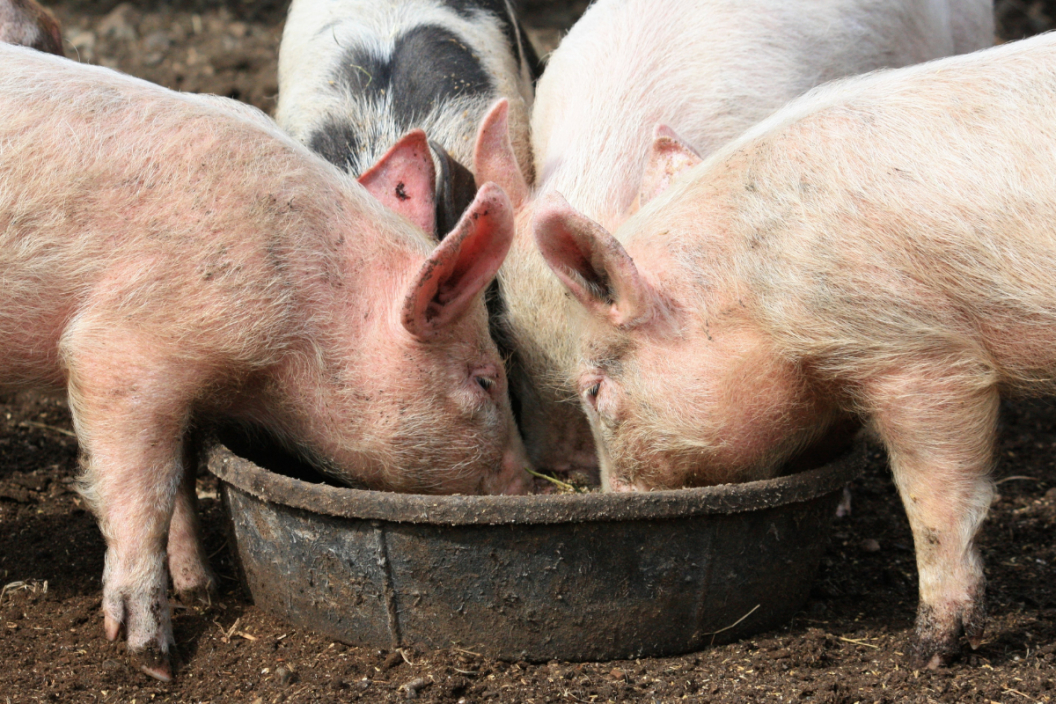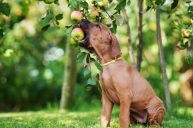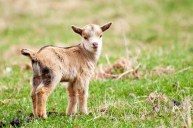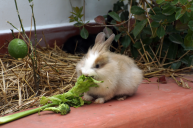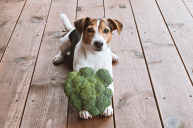Whether rooting through leftover food waste or rummaging through trash on the streets, pigs will get their nose into everything. What might not seem like a safe food source can become a five-course meal for a hog; Pigs will even eat pork bacon if it is in front of them.
Pigs really do eat garbage, but their bodies are made to handle it. That doesn't mean that you can just feed your pet pig trash, though. Wilbur, Babe, and all their porky piglet brothers and sisters are omnivores, so they are just as happy chowing down on vegetables as they are digging into meat. But on top of that, they are also opportunistic feeders. If something is on the ground in front of them, they see it as edible — even if it is their own feces.
How Pigs Eat Toxic Foods
https://www.instagram.com/p/CAIr7-WlfPv/
Unlike their grazing friends, a pig's body doesn't waste time filtering out toxins from rotted food or indigestible materials. Instead, their bodies store the potentially harmful substances in the fat. Not only do the toxins go directly to fat storage, but they travel there quickly. Combined, this allows a pig to ingest a surprisingly high level of toxins. That is why they don't just eat garbage, they eat a lot of it!
Pigs are able to compartmentalize toxins in such a way that allows them to consume venomous snakes. Golf courses have even used them as pest control!
How Pigs Process Poison
https://www.instagram.com/p/CIPc4YcJdYC/
In addition to adapted digestive systems that support opportunistic scavenging, pigs can excrete excess toxins through their hooves. So, in the event that they do eat too much garbage, their bodies still have a back-up plan to rid the poison.
If you have a pet pig that is showing signs of these sores, make sure to seek a veterinarian or nutritionist as your porcine pal definitely is eating too much trash. This could lead to poor body condition and other health issues.
What Do Pigs Eat?
https://www.instagram.com/p/CI8DZqjpoJ3/
Even though pigs are capable of eating pretty much anything, you should avoid relying on garbage and rotting compost as their source of food.
Pigs are healthiest on a high fiber diet with sufficient pasture for grazing. While they can eat meat, veggies are important for roughage. Also, avoid pig food that is too high in sugar, which means not giving all your fruit and by-products to your swine friend. Additionally, some specialized pig pellets and quality pig feed made from soybean meal can fulfill dietary and nutritional needs of your pig's diet, but be sure to inspect the ingredients before doing so.
If you do feed fresh fruit from time to time, which is ok for your own pig's balanced diet?
Cooked broccoli, pitted apricots, cucumbers, dark green lettuce, cooked potatoes, beets, grapes, pumpkins, all squashes, zucchini, snow peas, spinach, yams, kale, tomatoes, chard, carrots, pears, apples, berries, oranges, grapefruit, melons, pitted cherries, and pitted peaches.
This goes without saying but all farm animals including pigs need fresh water at all times.
The Importance of Your Pig's Diet
Pigs are the vacuum cleaners of the farm. They help keep the land nice and tidy and will inhale most anything in sight. But if you want to extend your pet pig's life, feeding pigs a nutritious and varied diet is important. Raising pigs on a good diet will help to keep them healthy. Remember: a healthy pig is a happy pig!
What do you feed your pig? Share their diet at our Wide Open Pets Facebook!
This article was originally published December 16, 2019.
